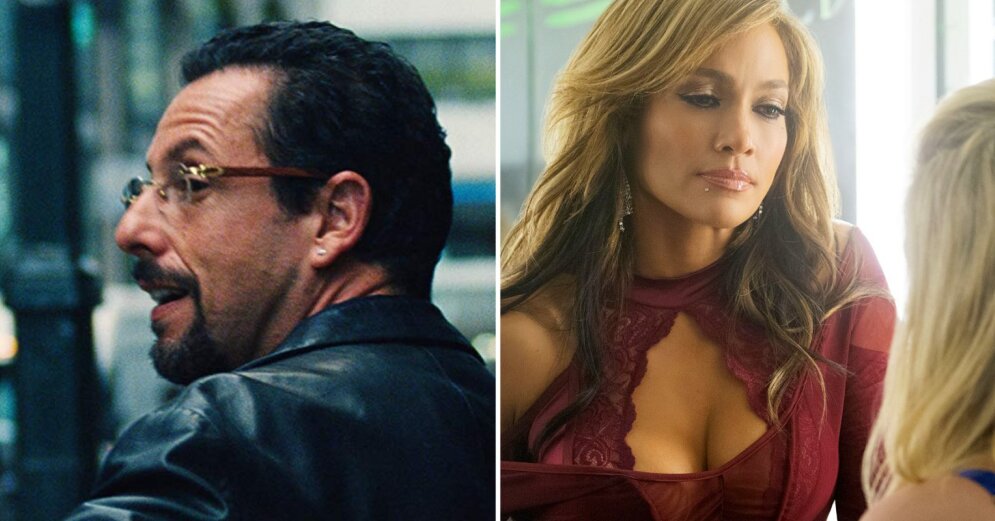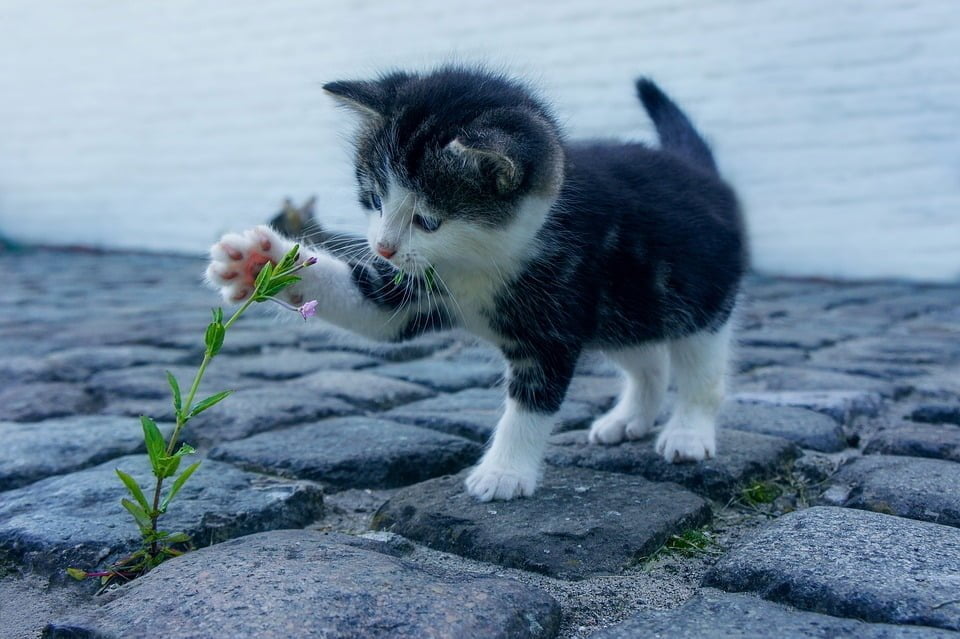Goals, emotions, hard fights, skirmishes, roaring stands and unbridled fun. This is a succinct summary of what fans love so much about hockey. But at the very end of this show there is also pain, stress and suffering, which often ends without applause from the stands and with tears in our eyes. Where the fun of hockey ends, dark times often begin.
When in hockey we see a sharp blow to the head, after which even the helmet does not stay in place, today the representatives of the disciplinary commission deal with the amount of the penalty, which often amounts to a disqualification for several games.
While one part of the audience agrees with these punishments, the other says phrases like: “It’s not even real hockey today, like it used to be. Soon the players won’t even touch each other.” However, few people realize that it’s really about health in these situations. And if not now, maybe in the future, maybe many years after the end of my career.
Often the players are criticized a little too much. The one leads like a lemur, the other doesn’t get into a real fight. But to be honest, in some cases we should support them. Athletes are people, just like us.
It solves the daily worries and problems in families, relationships, finances, in short, exactly our own life situations. Just because we see them smiling on the pitch after scoring a goal doesn’t mean they laugh even in everyday life.
Most of them have been riding in the same carousel since they were very young. While a normal teenager enjoys school life in a dormitory, where he savors the first feelings of freedom as an adult, the players we watch today in the famous NHL usually didn’t have this youth. From the onset of adolescence, they are under great pressure to train and get results.
Then, when they manage to successfully jump into the great joust of adult hockey, comes the pressure gauge of the fans or their heads of household. Ideally, in the following years, the hockey player will earn enough money to be able to spend the second half of his life in a more peaceful way.
But it doesn’t always work that well. An ideal example is Jakub Vrána, who recently joined the NHL Assistant Program and NHL PA. This program is to help players get help if they find themselves in a difficult life situation. Many hockey players have visited this program in the past.
For example, Bobby Ryan struggled with alcohol problems for several years until he was finally able to fulfill his club duties. Goalkeeper Robin Lehner, who has struggled with bipolar disorder all his life, also visited the program. Due to mental problems, Carey Price also had to stop her career in the summer.
In the case of Jakub Vrány the reason is not specified in more detail, but behind the scenes we talk about addictive substances. Who would have said it in May, when he celebrated with the Czech national team by winning the bronze medals at the World Cup? Life is a tribute like a roller coaster, and this is doubly true in athletes’ careers.
About a fifth of the best athletes suffer from depression and anxiety. Former players get up to almost 40%! Although most of us would say these are happy people at first sight. They are famous, beautiful, rich and have everything they can think of. This is simply not true at all.
We also addressed this issue in the latest episode of the Ruik Talk hockey video podcast.
TRAGIC CASES
Sometimes it is these psychological problems that lead to problems under the constant pressure of public opinion. Returning to the beginning of this topic, we must not forget the consequences that players suffer from severe blows to the head.
In the best cases, like Eric Lindros or Rick Nash, careers end prematurely. Then there are much worse cases. Gamers are often forced to suppress these pains with a bunch of pills, which in the long run have absolutely destructive effects on a person’s body and mind.
Heavy impacts to the head cause severe brain disease in players, similar to Alzheimer’s disease. Post-traumatic stress disorder is also caused by concussions. Former players with these effects often contemplate suicide.
This is just a short list of cases that ended tragically:
Steve Montador – 35 let
(suicide, suffered from headaches and depression)
Derek Boogaard – 28 let
(died after mixing alcohol and painkillers)
Bob Probert – 45 let
(collapsed while sailing, consequences of hockey career)
Rick Rypien – 27 let
(suicide)
Wade Belak – 35 let
(suicide)
Of course we would find many more cases. Much more shocking is the age these fighters left. At the same time, they only had the same dreams as any little hockey player. Be good at what they love.
It is good that hockey is gradually developing in a different direction. The collisions and hard fighting are decreasing. While it makes hockey seem like a smaller show, the result is literally saving many lives in the future.
It is also good that the NHL and their players’ unions are thinking about situations where they might find themselves in a difficult life situation. They themselves subsidize a program they may need at some point.
In the Czech Republic, there is still no comprehensive assistance in these cases. Not only the tragic declines of the past, but also Jakub Vrány’s recent troubles should be enough momentum for something like this.
Source: NHL, smell speaks


